Publications
Articles, publications, books, tools and multimedia features from the U.S. Institute of Peace provide the latest news, analysis, research findings, practitioner guides and reports, all related to the conflict zones and issues that are at the center of the Institute’s work to prevent and reduce violent conflict.
Question And Answer
Amid a Changing Global Order, NATO Looks East

Iraq’s Provincial Council Elections: The Way Forward in Nineveh Province
On December 18, Iraqis will elect members of the provincial councils, the highest oversight bodies of subnational government and key providers of public services. The elections are the first at the provincial level in over a decade and come in the wake of the 2019 anti-government protests that resulted in the dissolution of the provincial councils following demands from the protesters who accused them of corruption. Recent findings from the U.S. Institute of Peace’s Conflict and Stabilization Monitoring Framework in Nineveh Province reveal that candidates are facing a distrustful electorate that is lacking confidence in state institutions.
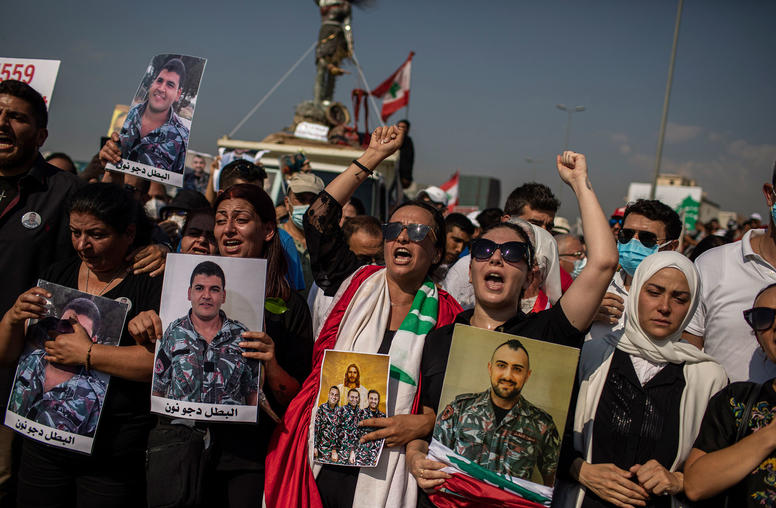
Amid Historic Crisis, Has a New Hope Emerged in Lebanon?
As Lebanon suffers from an historic economic crisis propelled by the venality of its political establishment, the May 15 elections have injected a glimmer of hope amid gloomy prospects for the future. Thirteen independent candidates — part of what is dubbed the “change opposition” — won seats in the 128-member Parliament. “The election of these 13 MPs [members of Parliament] is a very important, gradual first step toward more peaceful political change and reform in Lebanon,” said Mona Yacoubian, a Lebanon expert and senior advisor for the U.S. Institute of Peace. But the road ahead is fraught with internal challenges and external forces that could impede Lebanon’s much-needed reform.
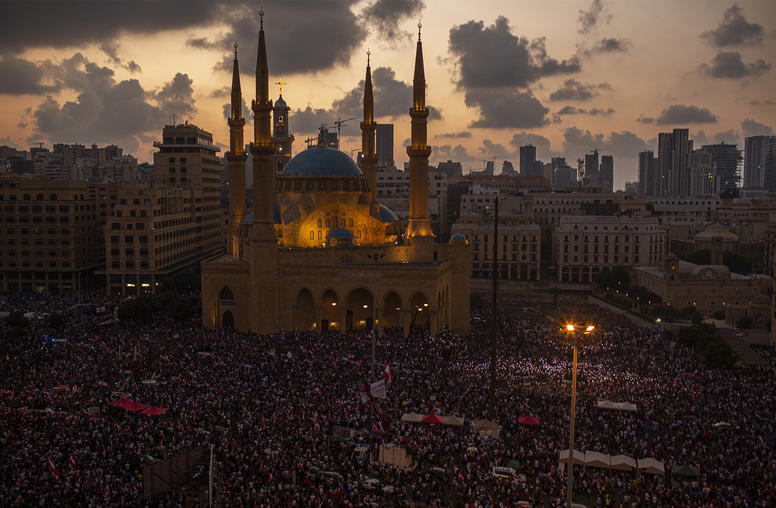
Lebanon’s Vote and the Prospect of Long-awaited Political Reform
On May 15, Lebanon held its first election since mass protests swept the country in October 2019. Trigged by economic crisis and profound frustration with an inept, detached ruling establishment, the protest movement sparked hope that real change to the country’s anachronistic, corrupt political system was in the offing. Fast forward nearly three years, and such promise seems to have been extinguished by the calamitous August 2020 Beirut port explosion, traditional party supporters’ efforts to stifle new opposition movements, and an historic economic collapse.
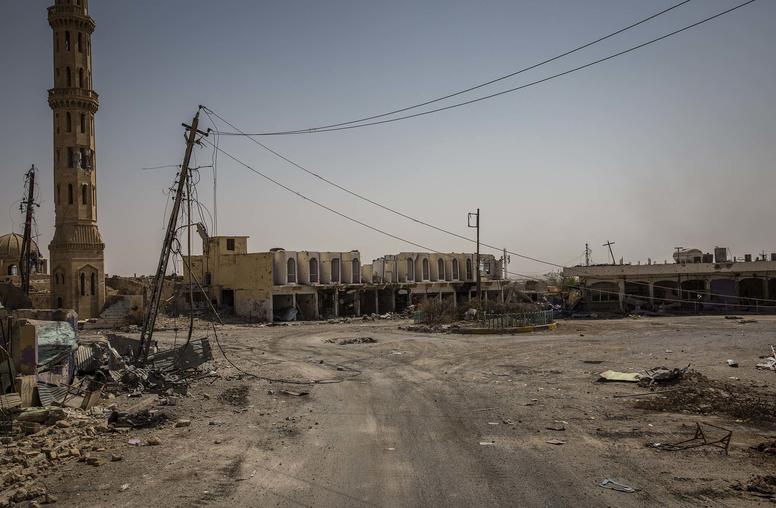
Four Years After ISIS, Iraq’s Tal Afar Remains Riven by Communal Divisions
Iraq is a country beset by a host of political, security, economic and social challenges, including addressing the human legacy of the Islamic State’s (ISIS) rampage through the country just a few years ago. Almost four years after the liberation of Nineveh’s Tal Afar district from ISIS control, feelings of marginalization, neglect and exclusion persist among communities in the region, epitomizing how such feelings have driven ethnic and sectarian tensions and conflict in post-2003 Iraq. Recognition of these sentiments and an understanding of the factors underpinning them, can help communities in the district allay these drivers of tension and move forward together.
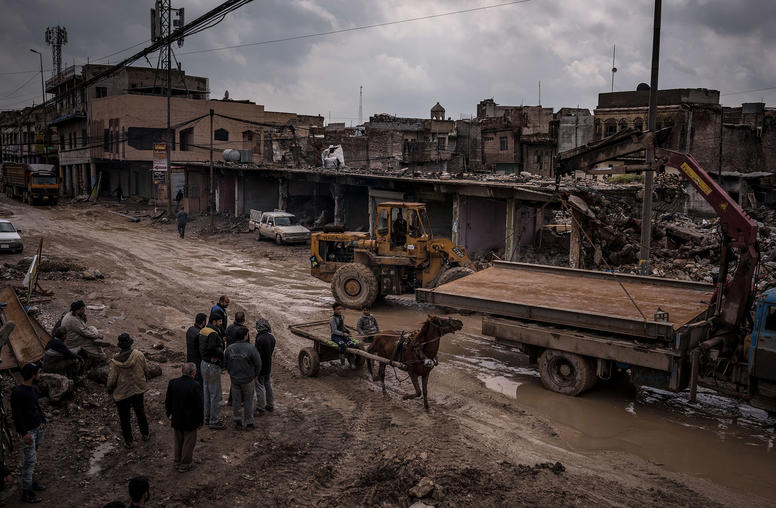
Unemployment Replaces ISIS as Top Security Concern for Minorities in Iraq
In the summer of 2014, the Islamic State group (ISIS) seized control of much of Iraq’s Nineveh province, including the provincial capital of Mosul. The militant group committed genocide against ethnic and religious minorities. Today, more than three years since the military defeat of ISIS in Iraq, ethnic and religious minority residents of three key districts of Nineveh say rampant unemployment, not ISIS, is their top security concern, according to data gathered by the United States Institute of Peace.
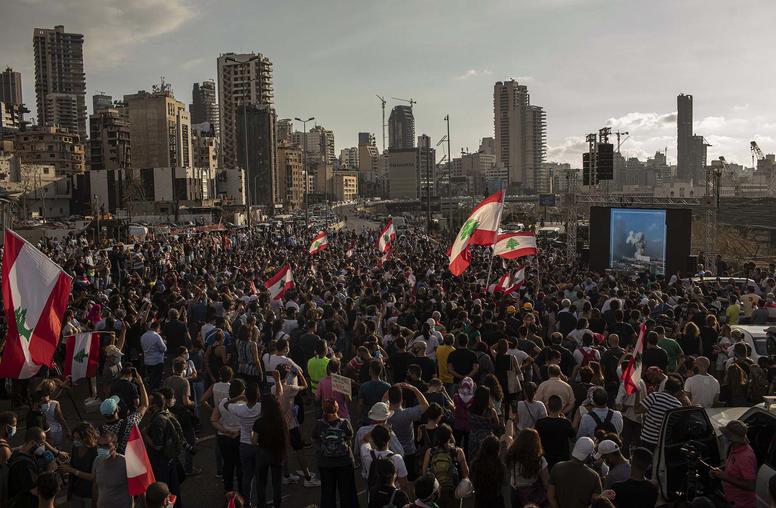
Lebanon on the Brink of Historic Breakdown
Lebanon’s devolving economic and financial crisis could potentially be one of the world’s three worst since 1850, according to a World Bank report released last week. The increasingly dire situation — exacerbated by the COVID pandemic and last year’s Port of Beirut explosion — has likely dragged more than half the population below the poverty line, as unemployment soars and the price of basic goods surges. Already accomplices to this economic collapse due to years of corruption and mismanagement, Lebanon’s leaders have been reviled for their limited response. With Lebanese exasperated with their increasingly desperate situation, there could be widespread social unrest and a major breakdown, which would have important humanitarian and regional security implications.
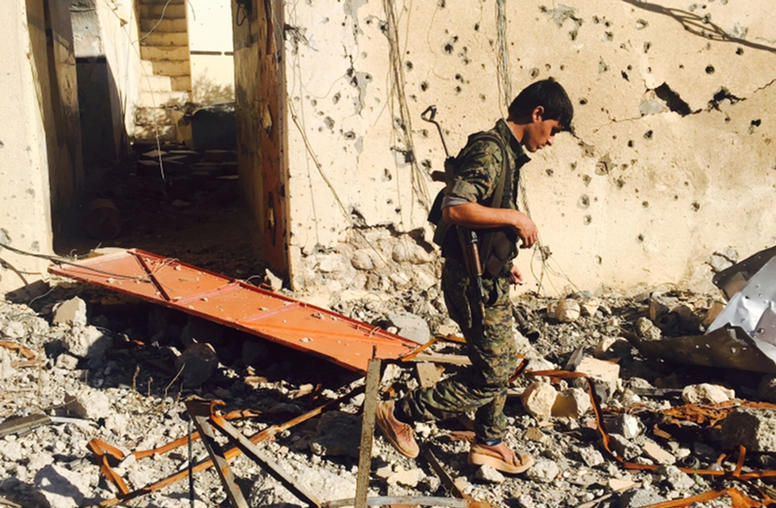
Struggle for Sinjar: Iraqis’ Views on Governance in the Disputed District
Iraq’s Sinjar district and its communities have struggled to recover from the recent conflict against the Islamic State group (ISIS). This is due in large part to the fact that the district is one of 14 territories under dispute between Iraq’s federal government and the Kurdistan Regional Government (KRG). As a result, Sinjar has become an arena for competition between the federal government, KRG and other actors in the post-ISIS period. This reality has led to frustration, anger and disillusionment among the communities in Sinjar, the majority of whom are Yazidi (Ezidi).
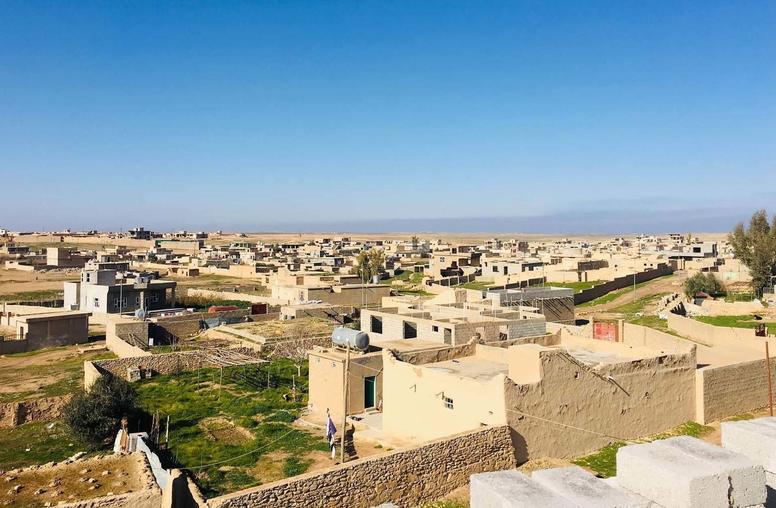
Struggle for Sinjar: Iraqis’ Views on Security in the Disputed District
Home to Iraq’s beleaguered Yazidi (Ezidi) community, Sinjar has long been caught amid tension between Iraq’s federal government and the Kurdistan Regional Government (KRG), leading to severe underdevelopment in the district. Compounding Sinjar’s historical struggles, the district also witnessed the Islamic State group’s (ISIS) egregious crimes against the Yazidis. In October 2020, the Iraqi government and KRG announced an agreement on Sinjar that attempts to resolve two pressing factors undermining its stability…
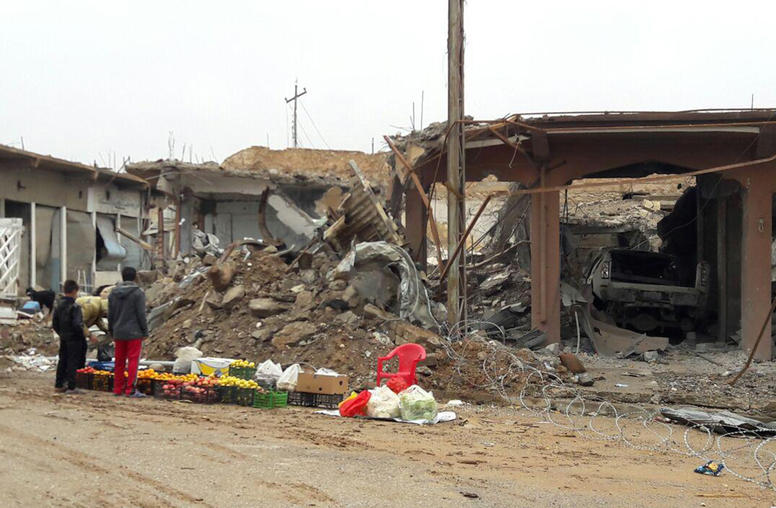
Amid Iraq’s Turmoil, Tal Afar Builds Peace
In a year of Iraqi turmoil, including protests that ousted a government and rivalry between Iran and Turkey, Iraqi tribal and community leaders are strengthening a new peace agreement in a locale that has seen some of the worst brutality of recent years—the northern city of Tal Afar. Civic, tribal and government leaders recently agreed to a pact that can open a path for more than 60,000 displaced residents to return home and rebuild following the war with ISIS. The accord also will help curb ISIS’ effort to revive. And in a startling change, it was negotiated in part by women.
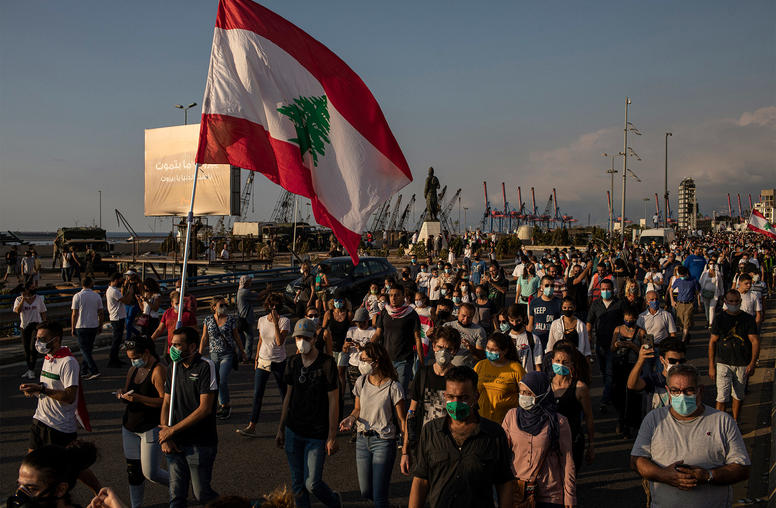
The Beirut Blast Has Yet to Spark Political Reform
Over two months later, there are still more questions than answers regarding the Beirut explosion that killed over 200 people and damaged large swaths of Lebanon’s capital city. Meanwhile, the fallout from the explosion has forced the resignation of Lebanon’s government, which had already been under fire after months of protests over corruption and a deteriorating economy. USIP’s Elie Abouaoun and Osama Gharizi look at where the blast investigation stands, what’s holding up the formation of a new government, and what a new outbreak of COVID-19 means for Lebanon.